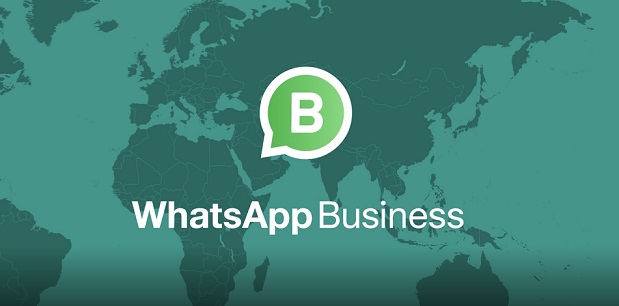If you’ve been in business long enough, you’ve probably had one of those weeks where you barely sit down, yet at the end of it, your profit sheet doesn’t look any different. Your phone rings all day, you reply to endless WhatsApp messages, you attend meetings back-to-back, and still, the numbers don’t match the energy you’ve poured in.
From the outside, you look like the model of a hard-working business owner.
People even say, “Ah, you’re always busy!” But deep down, you know that the hustle is not adding up the way it should.
This is the “busy but broke” trap when you’re active all the time, but your activity isn’t translating into real business growth. And it’s more common than most entrepreneurs are willing to admit.
Why Busyness Feels Like Progress
The strange thing about busyness is that it feels like success. There’s a little rush you get from ticking off to-do lists, answering every customer message within seconds, or holding several meetings in a single day. Psychologists call it the action bias, which tends to feel productive just because we’re in motion.
But in business, motion isn’t the same as momentum. For example, a fashion store owner once told me how she spent two full days rearranging her display shelves because she felt it would “attract more customers.” It looked amazing when she was done, but not one extra sale came from it.
How Entrepreneurs Get Stuck Here
- Time Spent on Low-Value Tasks
Many entrepreneurs wear all the hats: marketer, cleaner, accountant, customer service rep. It’s understandable at the start, but if you’re still personally replying to every Instagram DM when you could be meeting bulk buyers, you’re trading high-value time for low-value tasks. Think of it this way: if the task can be done by someone else at a fraction of your hourly worth, it’s better delegated or automated.
- Chasing Every Lead
Saying “yes” to every customer can be a trap. Some clients bring high stress and low returns. My friend who is a caterer, once spent days on a custom menu for a client, only to make a profit of N3,000 and she lost the chance to accept two better-paying orders that came in during the same week. Focus on your ideal customers, the ones who buy often, pay well, and recommend you to others.
- Scattered Focus
New opportunities are exciting until they start draining your main business. A shoe seller I know started a side hustle importing handbags because “people were asking for it.” Six months later, both shoe and handbag sales were suffering because neither had her full attention. Every “yes” you give costs you time, energy, and resources from somewhere else.
The Hidden Costs of Being Busy
- Burnout Without Results
When you’re always running, fatigue catches up. And when you’re tired, small mistakes slip in, you miss follow-ups, forget details, or settle for “good enough” when customers expect more.
- Declining Quality
Customers don’t just buy products; they buy experiences. Late deliveries, missed calls, and sloppy packaging all erode trust, and in a competitive market, trust is everything.
- Missed Opportunities
While you’re busy managing day-to-day chaos, a competitor could be signing the partnership you’ve been dreaming of. Opportunity doesn’t always knock loudly; sometimes, it just walks past while you’re too distracted to notice.
The Way Out
- Audit Your Activities
For one week, write down everything you do in your business. Then ask: Does this grow my revenue or deepen customer relationships? If not, it’s a candidate for delegation.
- Prioritize Profit-Driving Work
Start your day with what grows the business: selling, nurturing customers, and improving your offer before you touch anything else. Like a farmer, plant (prospect), water (engage customers), then harvest (close sales).
- Track Your ROI on Time
Before committing hours to a task, ask: Will the return match the time spent? If not, rethink it. Time is your most valuable currency.
- Learn the Power of “No”
If an idea, client, or project doesn’t align with your strategy, politely decline. A focused “no” today protects you from a distracted “yes” tomorrow.
At the end of the day, the goal isn’t to be the busiest person in the room; it’s to be the most effective. Business success is measured in results, not in how breathless you feel at the end of the day.
The truth? You don’t get points for working yourself into the ground. You get rewarded for creating value that customers pay for and for building a business that works for you, not one that works you to exhaustion.










